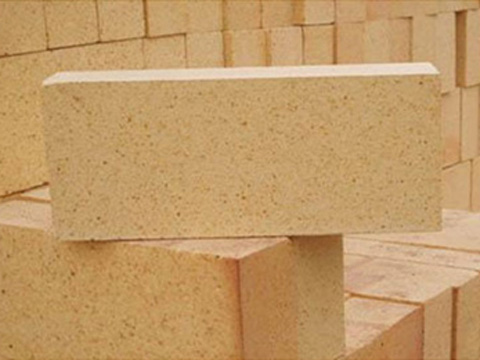
When designing a kiln, one of the most important decisions that you need to make is what type of brick to use on the interior of the kiln. There are a lot of different types of bricks out there that can withstand high temperatures. It is essential to figure out which bricks are appropriate for your application. Choosing the wrong bricks can keep your kiln from performing as well as it could. It can also wind up costing you more money in the long run if the bricks break down too quickly and need to be replaced.
Acid proof bricks offer quite a few advantages and are especially well-suited for use in environments that are too harsh or hostile for other types of bricks. One feature that sets them apart is their ability to resist a wide range of chemicals.
They can withstand exposure to many different types of acids, lyes, solvents, and gases. That makes them a great choice for any applications where chemicals are involved. They are less likely to sustain damage from any of these substances than standard bricks, meaning that they should last a lot longer and perform much better inside your kiln.
They also have excellent mechanical resistance. In fact, their ability to resist abrasion is one of their best features. You don’t have to worry about them wearing out or breaking down too quickly. Thanks to their superior resistance to damage, they tend to last a lot longer than other types of brick. That means that you will need to replace them less often, helping to save you money over the long run.
Compared to standard bricks, they can withstand relatively high temperatures, making them a good choice for a kiln. Keep in mind, however, that they may not be able to withstand extremely high temperatures. Check with the manufacturer of the particular bricks that you are thinking about buying to find out what the maximum temperature is that they should be exposed to. That way, you can make sure that they are suitable for your kiln.
Speaking of temperature, another excellent characteristic of these bricks is that they have great thermal resistance. That means that they are unlikely to break as a result of dramatic temperature changes. In fact, their resistance to thermal shock is one of the primary reasons why they are often used in kilns or in areas where temperatures rapidly change from low to high or vice versa.
Finally, another advantage of using acid proof bricks in kilns is that they are a cost-effective option. Even though the bricks themselves are more expensive than some other types of bricks, they also last a lot longer. When you factor the cost out over the life of the bricks, it is easy to see that they are a good investment.
Going with cheaper, less durable bricks can wind up costing you more in the long run if you have to regularly replace them. Additionally, any downtime that you experience from broken or damaged bricks can prevent you from using your kiln until the problem has been repaired.

